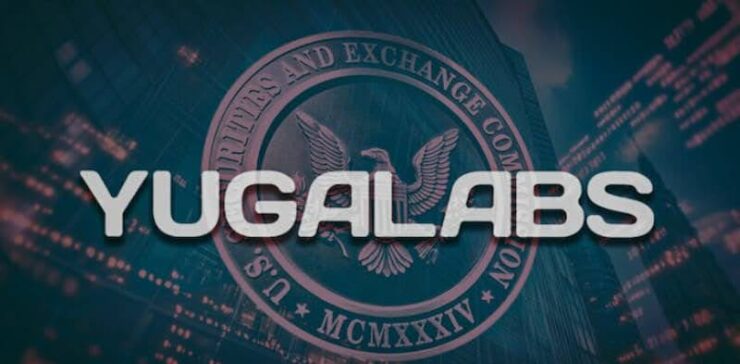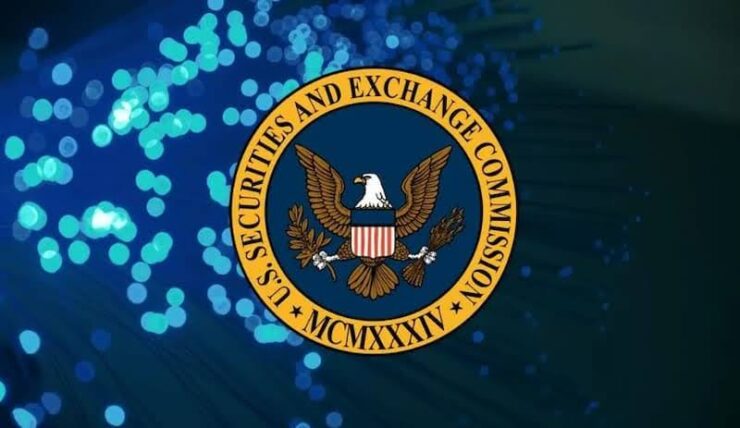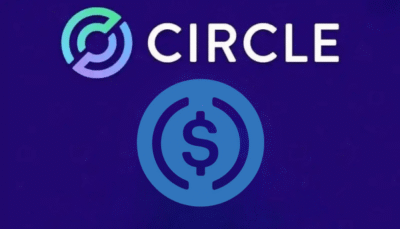The U.S. Securities and Exchange Commission (SEC) appears to be undergoing a major shift in its approach to cryptocurrency regulation.
In a surprising turn of events, the SEC has officially closed its investigations into Yuga Labs, the creators of the Bored Ape Yacht Club, as well as Richard Hart’s Hex project.
This move signals a potential change in how the regulatory body views digital assets, with industry experts anticipating clearer guidelines in the coming months.

New Approach to Crypto Regulation
For years, the SEC has been criticized for its aggressive stance on cryptocurrency, often targeting projects without providing clear legal frameworks. Under the previous leadership of Gary Gensler, the regulatory agency pursued multiple enforcement actions.
This leaves the companies in the blockchain space uncertain about compliance requirements. However, with recent leadership changes and increasing pressure from the industry, the SEC seems to be softening its approach.
By dropping its investigations into Yuga Labs and Hex, the commission is sending a message that it may no longer pursue broad crackdowns on crypto projects.
Instead, it appears to be shifting focus toward fraudulent activities and clear regulatory frameworks rather than categorizing digital assets as securities without defined guidelines.
Clarity on NFTs and Crypto Assets
One of the most significant takeaways from the SEC’s latest decisions is the apparent distinction between cryptocurrencies and NFTs.
Yuga Labs, best known for its high-profile Bored Ape NFT collection, had been under investigation over whether its Apecoin token distribution and digital collectibles violated federal securities laws.
The SEC’s decision to drop the case suggests that NFTs, in general, may not be classified as securities—at least under the current interpretation.
“This is a massive win for the NFT space,” said Matthias, a key voice in the crypto community. “For years, creators have been operating in a grey area, unsure whether their digital assets would be targeted. Now, we finally have some level of clarity, and this will encourage more innovation in the space.”

Focus on Fraud Prevention
Despite its softened stance on digital assets, the SEC is still actively working to prevent fraud and market manipulation.
Reports indicate that the agency is restructuring its crypto task force, bringing in new legal experts to focus specifically on fraudulent activities rather than categorizing all crypto projects as securities.
This shift aligns with growing demands from both investors and blockchain developers for a transparent and predictable regulatory framework.
With many major crypto firms previously caught in lengthy legal battles with the SEC, industry leaders are hopeful that a structured roadmap will soon be introduced.
Upcoming Crypto Industry
While the SEC’s recent actions signal a positive shift, the industry is still waiting for a formal regulatory framework. Experts predict that within the next few months, new guidelines could be introduced, providing clear definitions for different types of crypto assets.
For now, traders and investors should remain cautious but optimistic. The regulatory landscape is evolving, and with the SEC’s latest moves, it appears that the future of crypto in the U.S. may be more stable and predictable than before.





